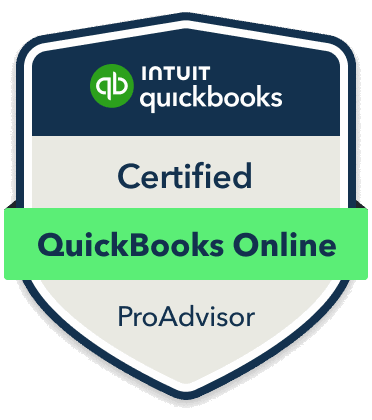Starting a business entails more than just raising funds, renting premises, employing employees, and purchasing inventory.
Before you go ahead and execute any of the above, look at your prospective business from a futuristic perspective.If you already own a business, I’m sure you’ve had to deal with executive, and legal issues you had never thought about initially.
So, before you invest your money in an idea, and even before you register a business, consider the following:
- Choose an entity structure
There are many factors to consider while choosing a business entity. Whether you are starting a business or thinking about switching to a different type of entity, the following information can help you narrow down your options.
Note, however, that it is advisable to always seek advice from a professional.
Types of Business Entities
- Sole-proprietorship
- Limited Liability Partnership
- Limited Liability Company
- Corporation
2. Name your Business
The name you pick forms the foundation of you identity, create your brand story, and communicates what you are dealing with.
Remember to consider the legal availability and protectability of your selected name and issues like Trade-mark.
Also, you don’t want a descriptive generic name that makes it difficult for customers to find you.
3. Assess the tax obligations applicable to you and your business
Your tax obligations will vary depending on the type of business. You will almost definitely need to employ or consult with an accountant or tax adviser to help you understand Kenya’s tax regulations and your compliance requirements.
Compliance is critical to ensuring that your firm pays only the necessary taxes and avoids financially damaging tax fines.
4. Choose an accountant and an accounting system
Most new business owners make the mistake of “wearing many hats” at the beginning- including an accountant’s hat in bookkeeping and procuring an accounting system and software.
A good- first step for a growing business is to outsource accounting services with an outside accountant or accounting firm to effectively take care of every little detail as tax preparation and payroll management.
5. Choose a financial institution
Identify your business’s financial needs, and then select a financial institution that fits these needs.
Ask yourself:-
- will the financial institutions still serve your business in the long term and as you scale?
- how easy is it to customize your account to integrate with other financial tools?
- how reliable is customer support?
- what additional resources are available for my business?
6. Register your business




